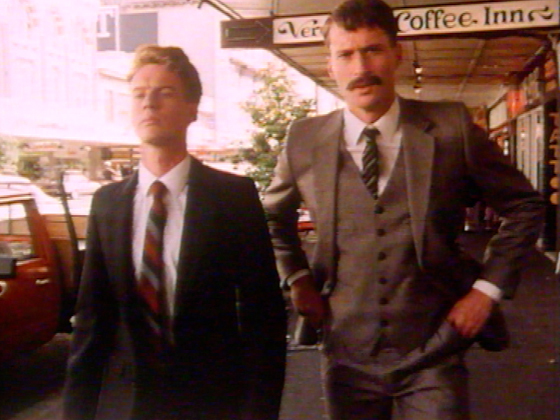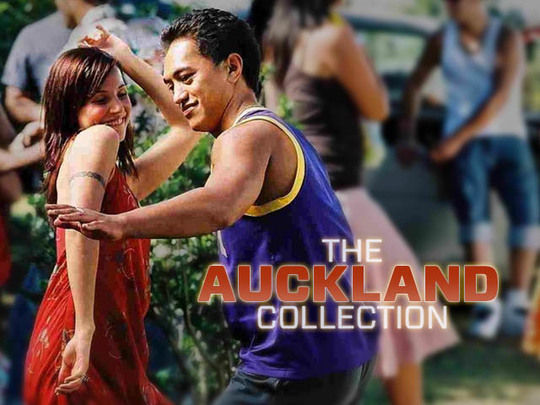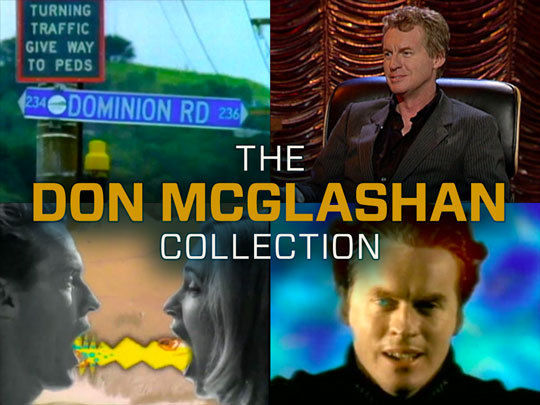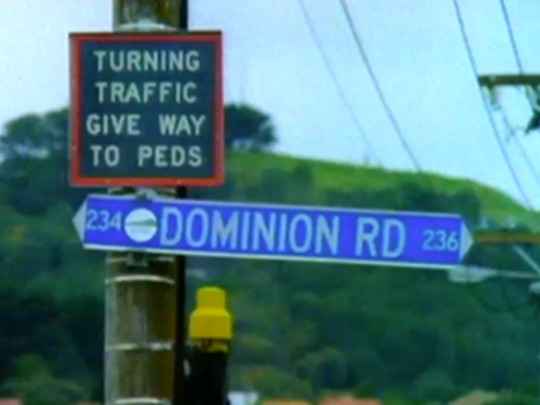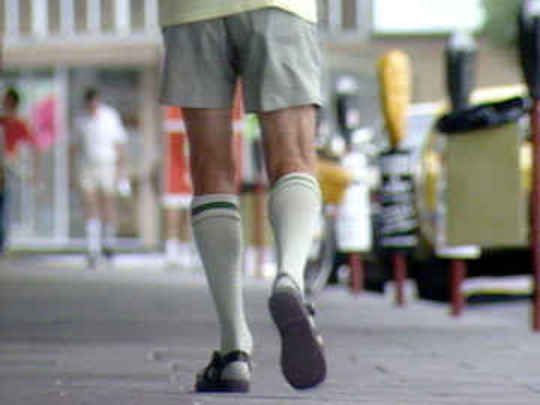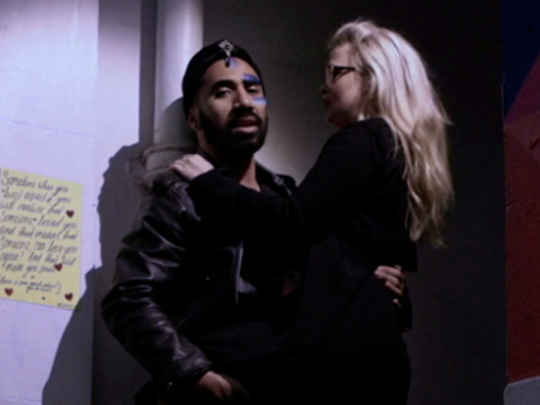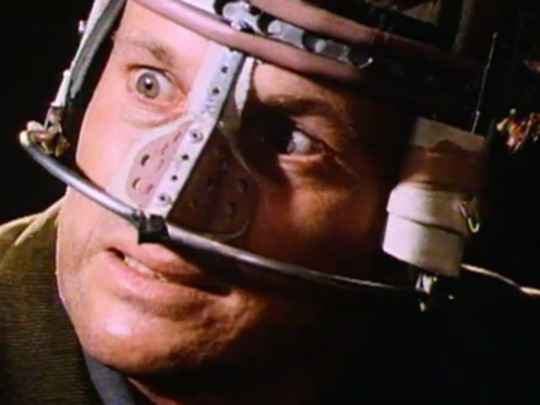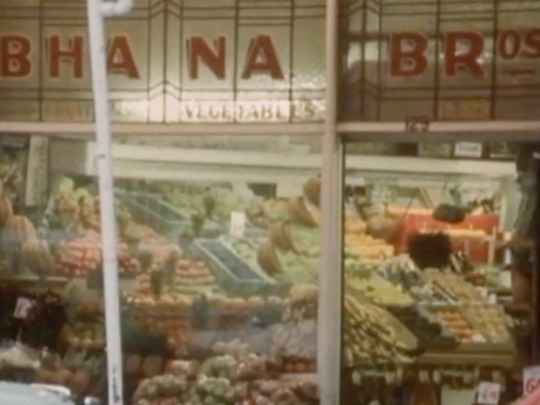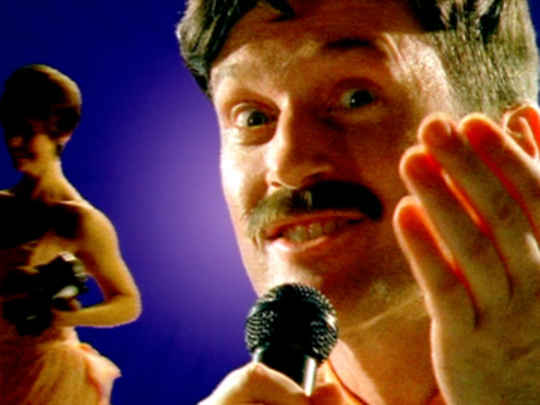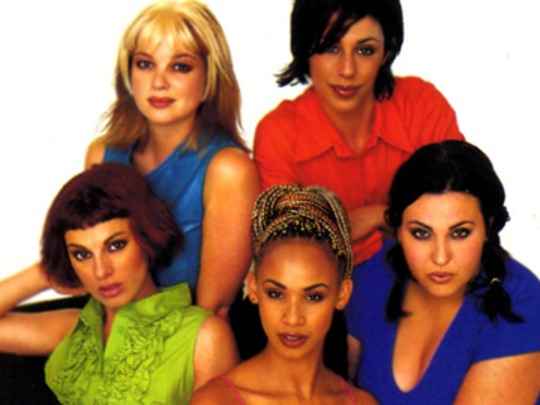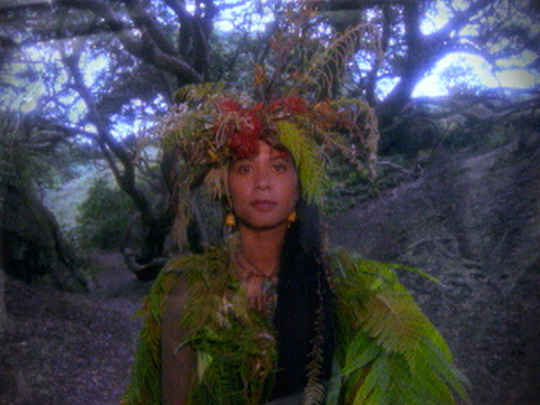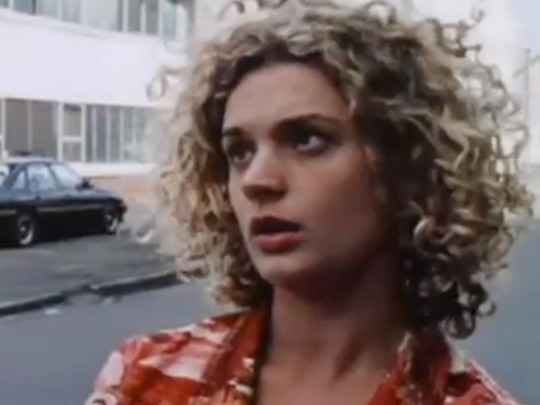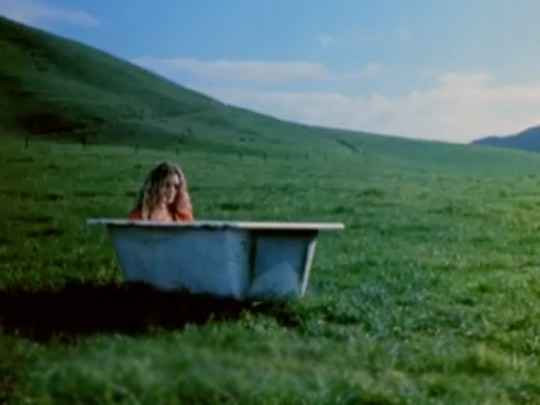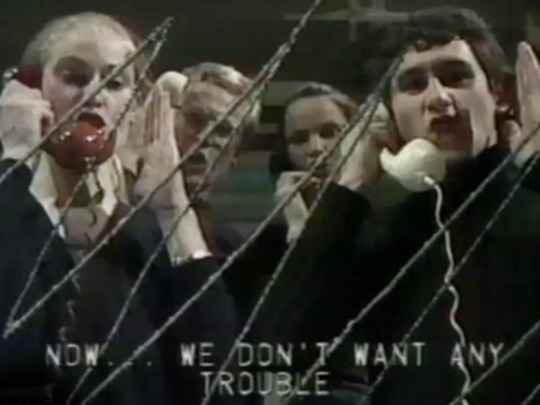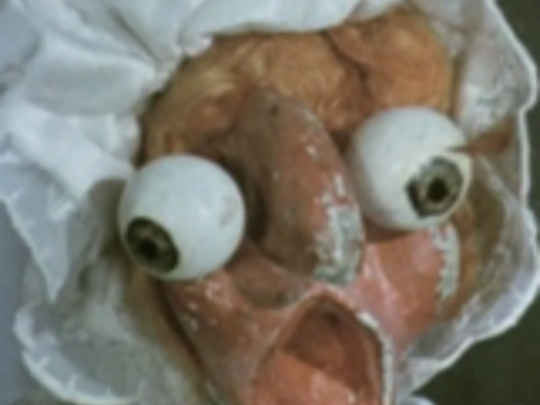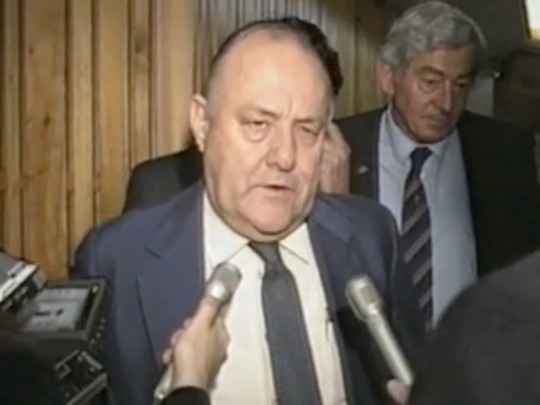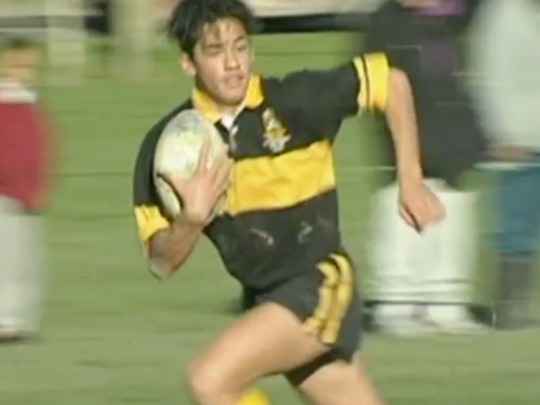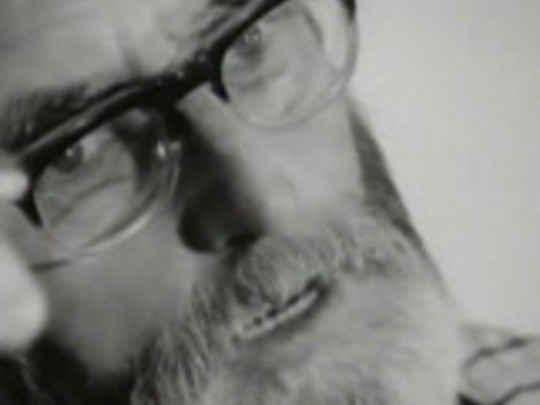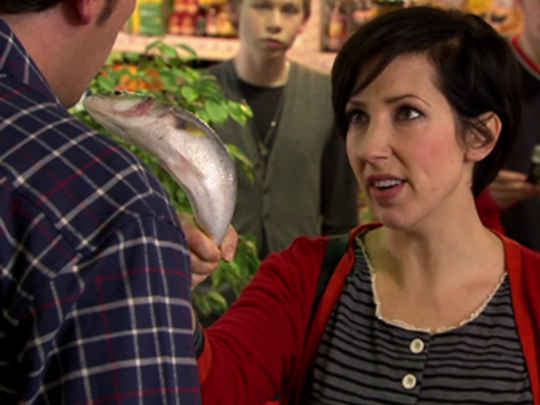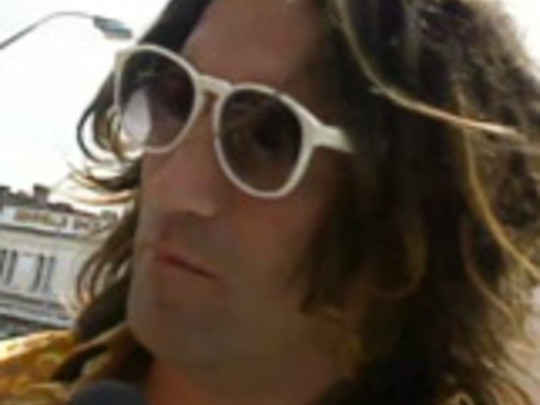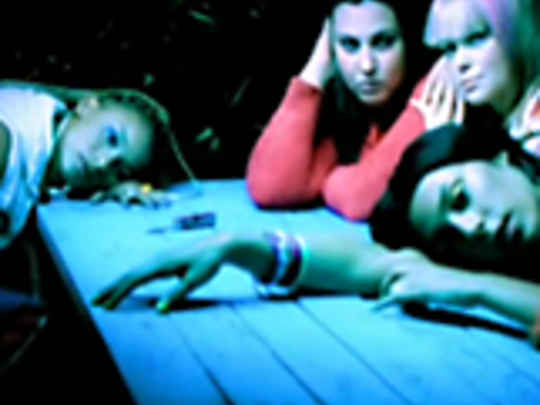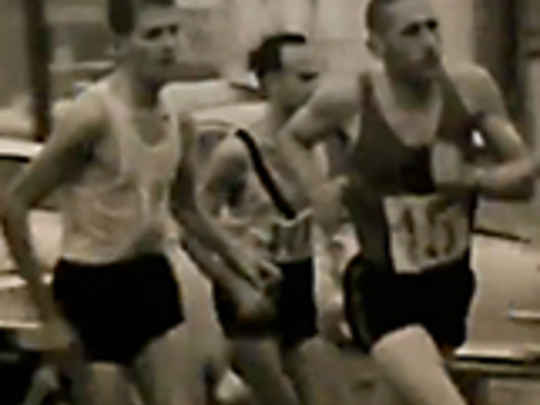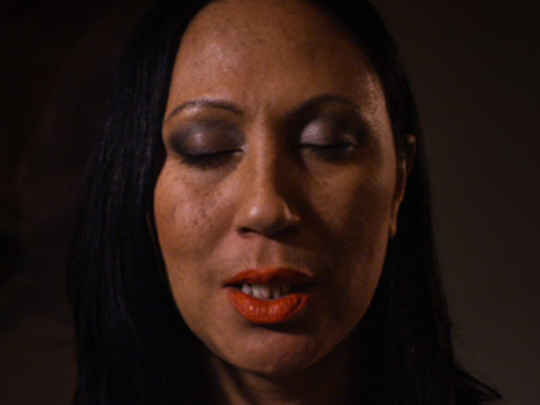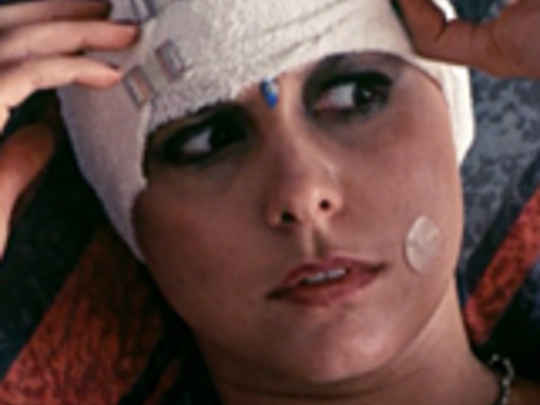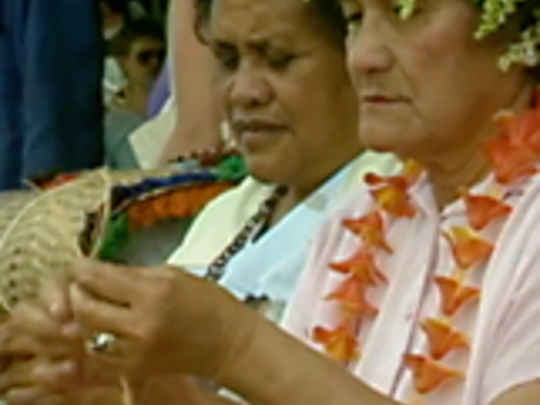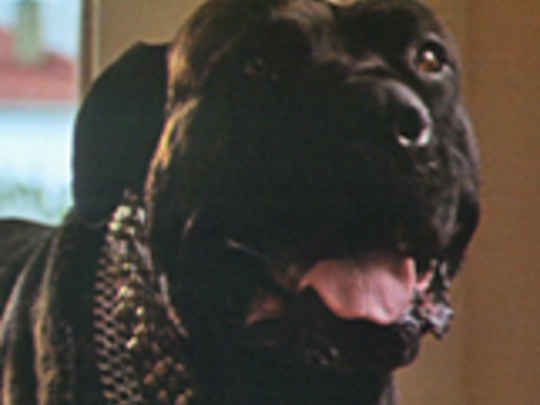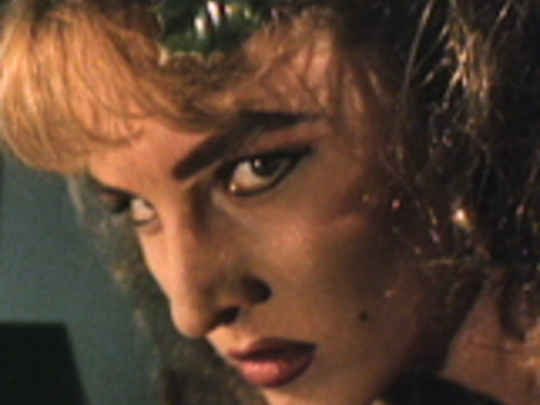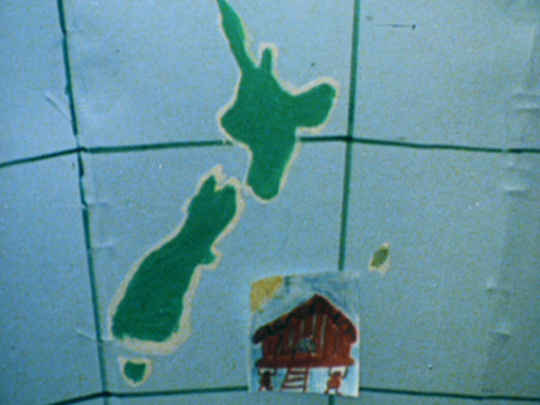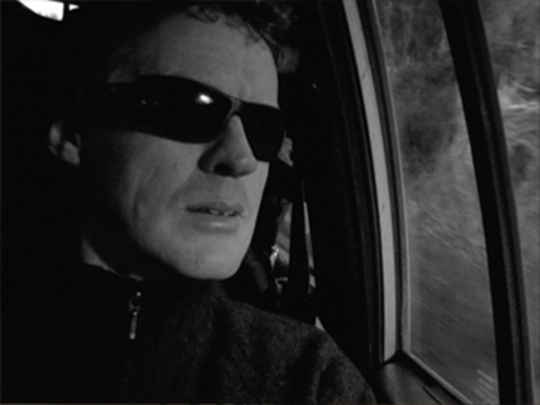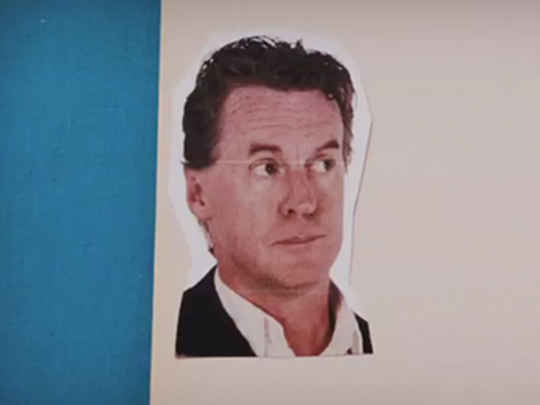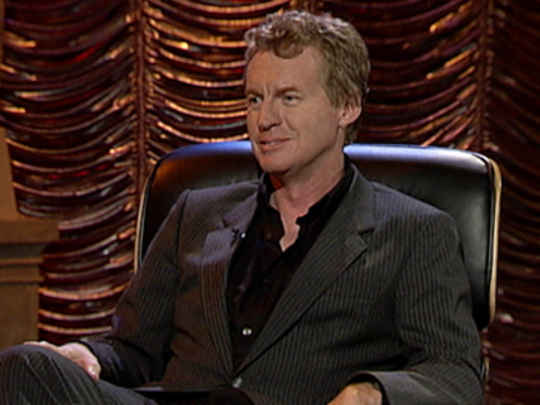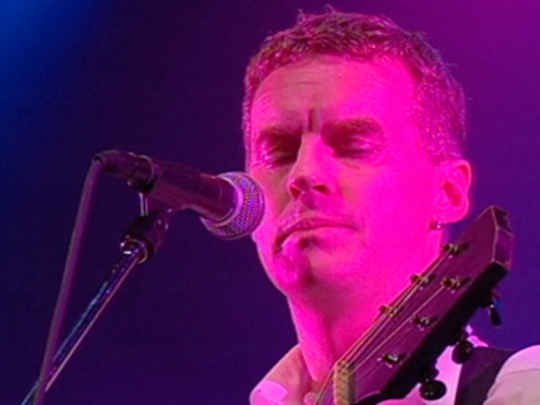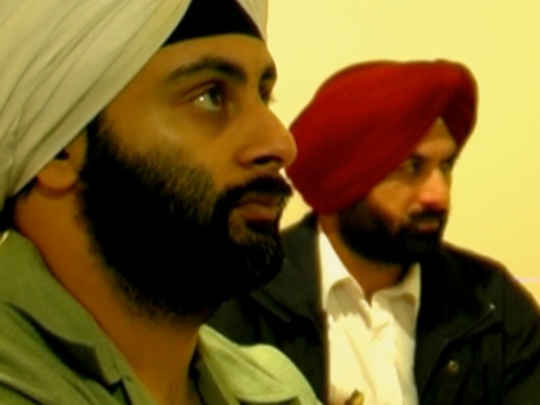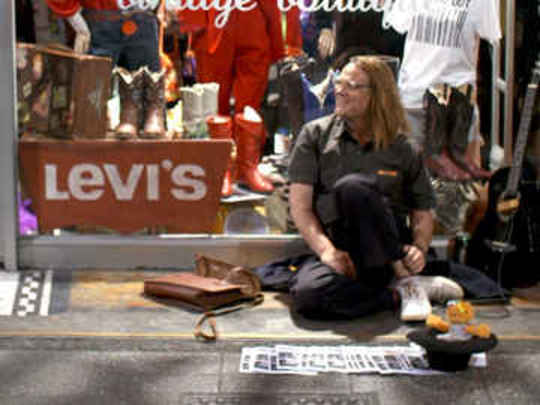Walkshort
Short Film (Full Length) – 1987
A Perspective
By 1987, Harry Sinclair and Don McGlashan had built up a head of steam with their musical comedy act The Front Lawn. Their stage show was hugely popular, and they had charted with both albums and singles. The time seemed right to get into making movies.
In collaboration with editor and director Bill Toepfer, Sinclair and McGlashan whipped up a treat that has deservedly become a classic. Citizen Kane it isn't, but Walkshort is a great little movie. Like Orson Welles before them, The Front Lawn never managed to top the insouciant brilliance of their movie debut.
The film came along at a moment of evolution for New Zealand shorts. Up to that point, a short film was commonly much longer — half an hour, or an hour — and the target market was television. There had been a period when the NZ Film Commission had mostly abandoned shorts, and emerging filmmakers were seething with frustration.
This pressure would lead to development initiatives like 1985 television series About Face. Later, the Film Commission's Executive Director Jim Booth would initiate the so-called ‘Bonsai Epic' scheme. This encouraged the making of very short films, twelve minutes or less, aimed at cinema festivals. The notable success of Alison McLean's Kitchen Sink cemented the twelve minute form as the de facto paradigm for short films, a situation that continues to this day.
Walk Short is the evolutionary missing link between old style shorts, and the ‘Bonsai Epic'. With its clever looping storyline, poppy visual style, and abundant humour, it is a totally satisfying and self-contained experience. And all in ten minutes.
The title is something of a dual play on words. The film is brief, and it does feature people walking. But readers of a certain age will also recall that "walk shorts" are those awful pants that New Zealand businessmen used to wear with long socks and leather lace-ups.
McGlashan and Sinclair kick off with a hilarious caricature of exactly this kind of buttoned down, synthetic fibre-loving Rotarian. What follows is a kind of baton relay style narrative, in which the camera follows one character after another, up and down Auckland's busy Karangahape Road. Beneath the overt comedy runs a deep vein of anxiety. The characters — all played by McGlashan and Sinclair — are pickled in fear and insecurity. "Why is that man smiling at me? He's coming towards me...maybe he's gay? Maybe he thinks I'm gay?"
Chance and coincidence fuel the story at every turn. There are some delightfully contrived laconic connections, lending the movie a snowballing comic energy. The challenge of resolving such a scenario is met with a deft formal twist that fits the story perfectly.
Many have tried to emulate the cleverness and impact of this delightful short film. Many have failed. Walk Short remains a jewel in the short film hall of fame.
- Costa Botes is a New Zealand filmmaker whose work includes short films (Stalin's Sickle, The Godel Sentence), documentaries (Angie), feature-length dramas (Saving Grace), and drama meets documentary (Forgotten Silver).
